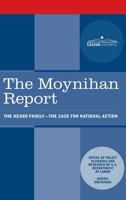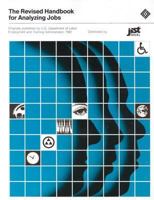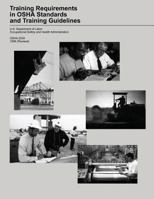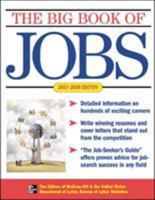Student's Solutions Manual for Algebra and Trigonometry/ Precalculus: Graphs and Models
Select Format
Select Condition 
Book Overview
- By Judith A. Penna - Contains completely worked-out solutions with step-by-step annotations for all the odd-numbered exercises in the exercise sets, with the exception of the Collaborative Discussion and Writing exercises, and for all the odd-numbered review exercises and all chapter test exercises This description may be from another edition of this product.
Format:Paperback
Language:English
ISBN:0374518793
ISBN13:9780374518790
Release Date:December 1984
Publisher:Farrar, Straus and Giroux
Length:464 Pages
Weight:1.35 lbs.
Dimensions:1.3" x 5.7" x 9.0"
Related Subjects
Contemporary Education & Reference Fiction Foreign Language Fiction Literature & FictionMore by U.S. Department of Labor
Customer Reviews
6 customer ratings | 5 reviews
There are currently no reviews. Be the first to review this work.











































